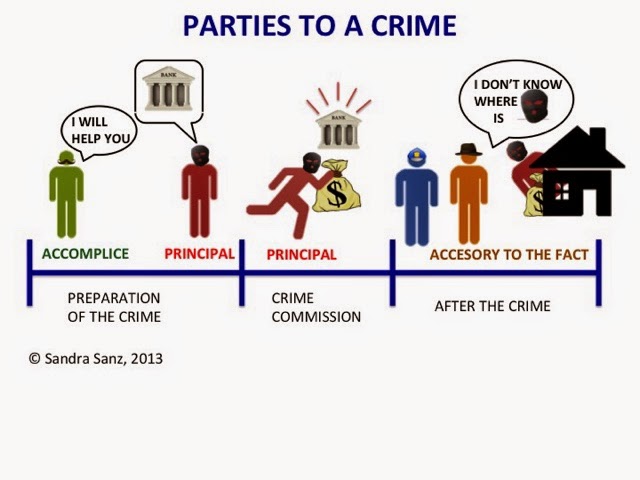What Will Happen If the Accused was Imprisoned for More than the Possible Imprisonment Prescribed for the Offense Charged?
| Image taken from www.illustrationsof.com |
I was appointed as counsel de oficio to represent an accused who was imprisoned since March 2014. Counsel de oficio is the attorney appointed by the court to an indigent criminal defendant (http://definitions.uslegal.com/c/counsel-de-officio/). His case is still on its arraignment stage.
Arraignment is when the information or the complaint is read in the language or dialect known to the accused and then he would be asked whether he pleads guilty or not guilty.
| Image taken from www.dreamstime.com |
When I browsed the record of the case, the penalty that would be imposed is only prision mayor or imprisonment of 30 days and 1 day to 6 months. So, the accused has already served the maximum penalty should he may be found guilty to the crime charged. In fact, his imprisonment is already beyond what is required by law.
As stated section 16 of Rule 114 of Revised Rules of Criminal Procedure, "Xxxxxxx. When a person has been in custody for a period equal to or more than the possible maximum imprisonment prescribed for the offense charged, he shall be released immediately, without prejudice to the continuation of the trial or the proceedings on appeal. If the maximum penalty to which the accused may be sentenced is destierro, he shall be released after thirty (30) days of preventive imprisonment. Xxxxxxx".
| Image taken from www.fotosearch.com |
So after the accused was arraigned, I verbally moved for the release of the accused anchoring on the aforementioned provision of the law and he was released.
Moreover, I even moved for the dismissal of the case because the right to speedy trial of the accused is clearly violated but it was denied.
If you have any relative or friend who has been imprisoned, you may verify from his/her counsel the possible penalty of his/her case and move for his/her release if it is warranted under the law.
If you have any relative or friend who has been imprisoned, you may verify from his/her counsel the possible penalty of his/her case and move for his/her release if it is warranted under the law.


Comments
Post a Comment